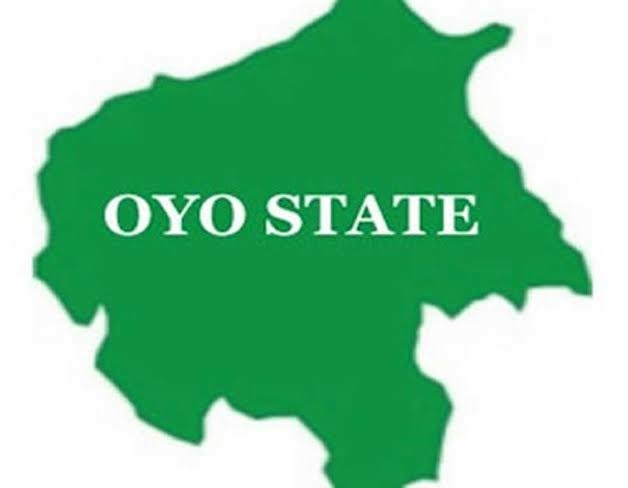No fewer than 300 students from 20 secondary schools in Ibadan are currently undergoing mentoring in career opportunities after secondary education.
The News Agency of Nigeria (NAN) reports that the opening ceremony of the mentoring programme, an initiative of What Next Africa Concept, held in Ibadan on Thursday.
The theme of the summit is “Unlocking Post-Secondary Opportunities”.
Mr Temitope Ogunusi, the Convener, What Next Summit, said the initiative was geared towards ensuring that all young people are engaged and are productively adding value to the economy of the country.
He said that the objective of What Next Concept was to provide young people with the support frame work to help them transcend from their teenage years to adulthood.
“We have realised that when they have people who have gone ahead on the path they choose to tread on, their success is accelerated and it becomes easier for them to achieve their goals.
“We provide support for young people in their choices to minimise the error or mistakes that might want to occur in the course of their lives,” Ogunusi said.
He said that the organisation’s picture of the future was that after the phase of secondary education, no young person should be idle.
“We will take them through a series of career education content and principles so that when they are done with school they have a clear picture of what they want to be in 10 years and they begin to pursue it immediately afterwards.
“We will continue to mentor them to ensure that whatever plans they have, they sustain it. We want every younger person after secondary school to either be in tertiary institutions or vocation or artisanship or be an entrepreneur.
“Not that they should sit at home marking time,” the convener said.
In his keynote speech, Mr David Olayiwola, a Business and Life Coach, advised students and youths in the country to look for problems in the society to solve.
“In this age, people that stand out of the pack need to identify a problem. It is not just I want to become an accountant, a lawyer or whatever.
“You need to look at the industry you want to feature in, look for the problem and the solution to the problem you have identified,” he said.
Olayiwola stated that a lot needs to be done in the education sector, “because the level of education we have in Nigeria, when it comes to budgeting, it is way below the recommendation of United Nations.
“I believe that one of the major things that need to be done is to increase the budget for education in Nigeria because every other thing centres on funding.”
Some of the students in attendance at the maiden edition of the summit were: Oluwafunmilayo Sanni, a student of Community Grammar School, Ibadan; Rebecca Akande, St’ Louis Grammar School, Mokola; and Goodness Okovie, Community Secondary School, Olopomewa, Ibadan.
The participants selected from schools in the Ibadan metropolis all commended the organisers of the summit.
Sanni said “This summit is important as it will guide us on what to do after O level exams as well as how to tackle life’s problem.”
Also, Akande said that the summit had stimulated her to rethink the decisions she had made regarding her career choice.
Other speakers at the event included: Mr Gbenga Adebambo of the Educational Advancement Centre and Mr Bolaji Olamiju.

















Discussion about this post